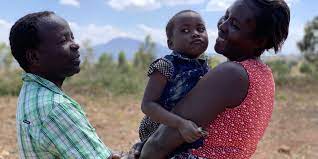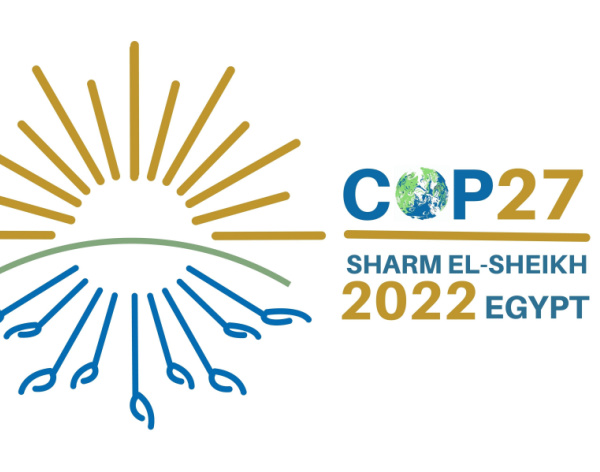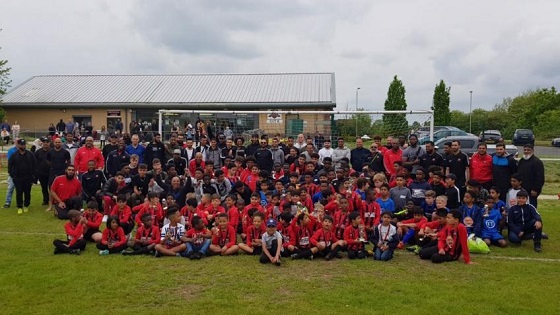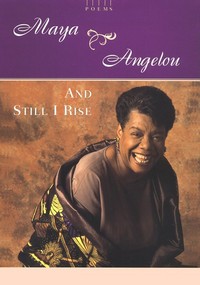
In a collaboration between Climate Action Leicester and Leicestershire (CALL) and Phoenix, The Ants and the Grasshopper will be screened during the 27th United Nations Climate Change conference (COP27). Filmed and made over the span of ten years, The Ants & The Grasshopper follows Malawian farmer Anita Chitaya as she fights climate change, gender inequality and child hunger, beginning in her village and taking the issue all the way to the White House. Staff and students are encouraged to attend. The screening will be followed by a Q&A session hosted by CALL, with a panel that includes DMU Net Zero Research Theme Director Mark Charlton.
Read more






